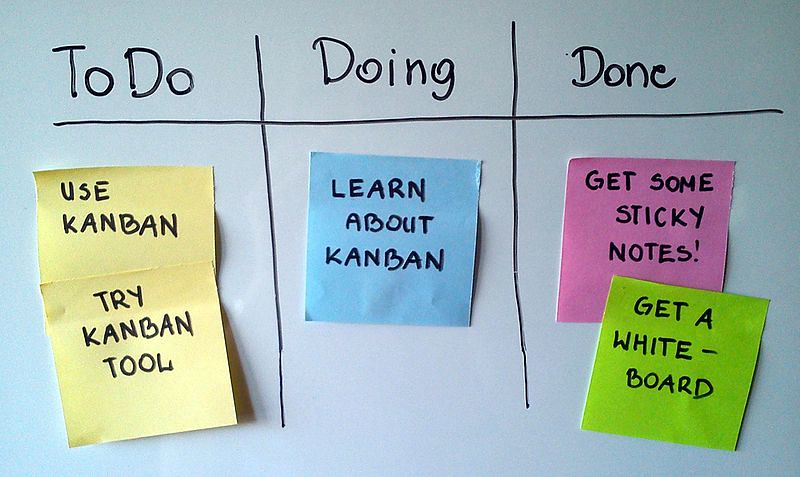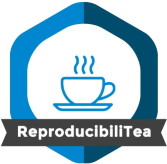Happy New Year! Despite it being a bit of a cliché, there’s something about a new calendar year and the promise of longer days ahead which makes it feel like a good time to make promises to ourselves about the future. Here’s my suggestion to you for 2024: this is the year you will be good enough.

The media is full of suggestions on how we can be The Best but this year, how about focussing on being good enough?
It doesn’t matter how long you spend writing, re-working and editing your writing, it won’t survive an encounter with your supervisor (or examiners or peer reviewers) completely unscathed. And quite rightly, too – it will be improved by being seen by fresh eyes or by taking into account a different viewpoint. So don’t waste time on trying to make your writing perfect, just ask yourself, is this good enough for review? If you’re concerned that the lack of polish will affect the feedback you receive, be specific about what you need: is the overall structure about right? do the key arguments make sense? have I included enough criticism and synthesis in this literature review?
This shift in perspective can also help when you experience an overwhelming urge to compare yourself to colleagues. Everyone’s research is unique, so of course your skills and expertise will also be unique to you. You don’t need to be the best at anything, only good enough to carry out your unique research tasks. When planning your development activities, plan what you need to be good enough, rather than spending time over-shooting what’s required. In many cases, this will indeed result in you becoming a local expert in a particular skill or method, but there’s no need to make that your key aim or to worry if it doesn’t.
Often, a desire to do things brilliantly acts as an inhibitor to getting things done at all – as many procrastinators will know to their cost. Reminding yourself that the task you are trying to start only needs to be good enough can remove a powerful barrier. A first draft only has to exist. Good enough work is infinitely better than no work. Let go of your inner perfectionist and find increased productivity.
There are all sorts of areas of your life where trying to be good enough rather than the best can help: browsing job vacancies, parenting, housework, keeping in touch with friends, to name just a few more. Be proud of what you can achieve and stop yearning for perfection.
In 2024, good enough is good enough.









